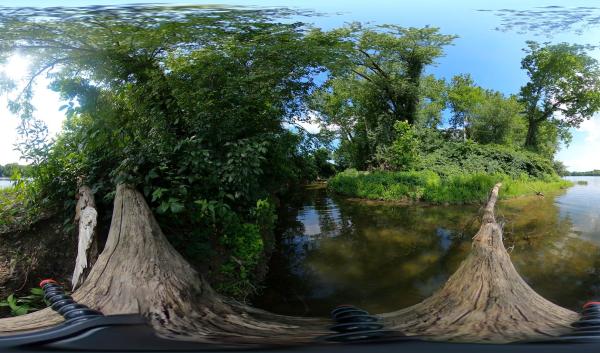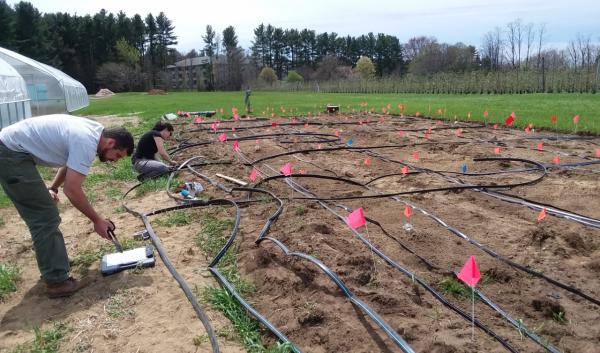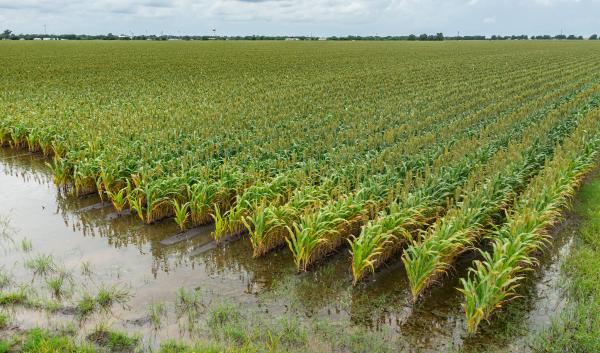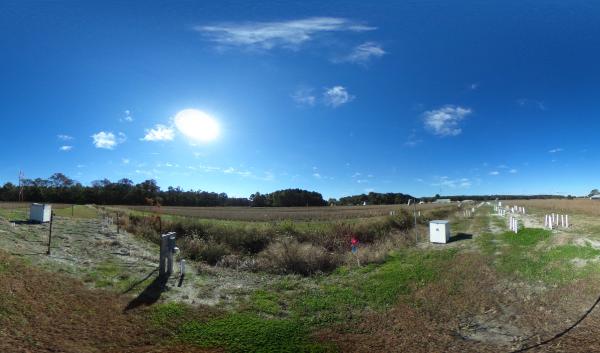Extreme Weather Impacts from the Northeast Hub Region
-
Extreme Short-duration Rainfall Events in Spring Growing Larger and Happening More Often

To date, many studies worldwide have assessed changes in subhourly rainfall extremes. But only a few of these studies have come from the US. Thus, there is a unique opportunity for researchers to…
-
Turn the Tap: A Focus on Soil Moisture Education

To help farmers improve their irrigation efficiency and gain greater knowledge on how to monitor soil moisture conditions, two fact sheets were crafted to give overview of soil moisture monitoring,…
-
Daily runoff forecasting in agricultural watersheds: A promising tool for nutrient management

When rainfall occurs shortly after nutrient application, nutrients like nitrogen and phosphorus can be quickly transferred to runoff waters. Thus, these events are of great concern for water quality…
-
Testing the Novel Shallow Well at Hart Farm in Maine
In 2021, Hart Farm installed a shallow well to serve as their main source of irrigation water for their vegetable crops. The farm will play a key role in helping researchers answer questions about…
-
When it rains, it pours: How climate change fuels heavier rains

Over the past century, rainstorms across the US have increased in frequency and severity. Recent research now suggests that extreme rainfall events will continue to increase in frequency and…
-
Partnership with UMaine advances affordable well research

Ongoing partnership between the University of Maine and the USDA Northeast Climate Hub to establish a test well for wild blueberry research.
-
Going to Extremes at HBEF

Take a closer look at how scientists use forest experiments to study forest response to extreme weather events, such as ice storms, drought, and warming. Learn about how these types of events impact…
-
New Drought Coordinator for New England and New York

For Sylvia Reeves, timing is everything! Sylvia joined NOAA's National Integrated Drought Information System (NIDIS) as the Regional Drought Information Coordinator for the Northeast Regional…
-
UMES Permeable Reactive Barriers

Heavy rain events are increasing across the Northeast, which can result in more nutrient leaching on farms. At UMES, researchers are studying permeable reactive barriers. Results from the research…
-
Landowner Forest Climate and Action Scorecards

Forest Climate and Action Scorecards are designed to help private landowners consider the climate change in the context of their woods.
-
Flash Drought is Coming
“Flash drought” refers to drought conditions that develop unusually quickly, in effect sneaking up on farmers and policy managers. This kind of drought doesn’t happen often in the Northeast but it…
-
Climate Change and Aquaculture in Connecticut’s Long Island Sound
Aquaculture farms are especially vulnerable to climate change as organisms and operations are continually exposed to temperature and chemical fluctuations in the ocean and air.

